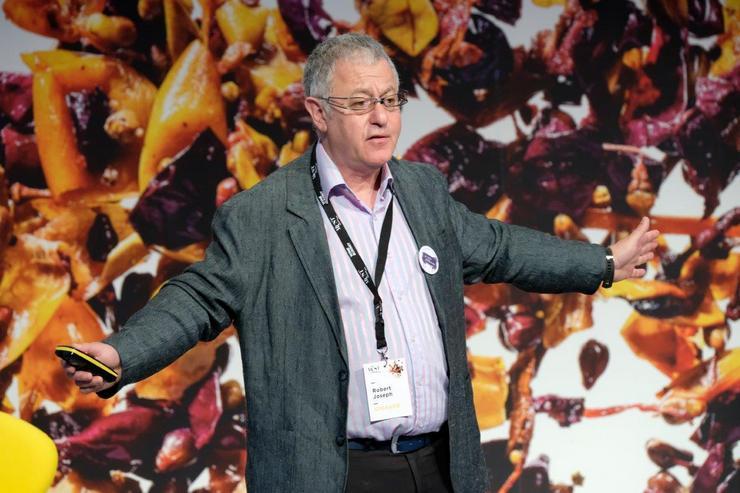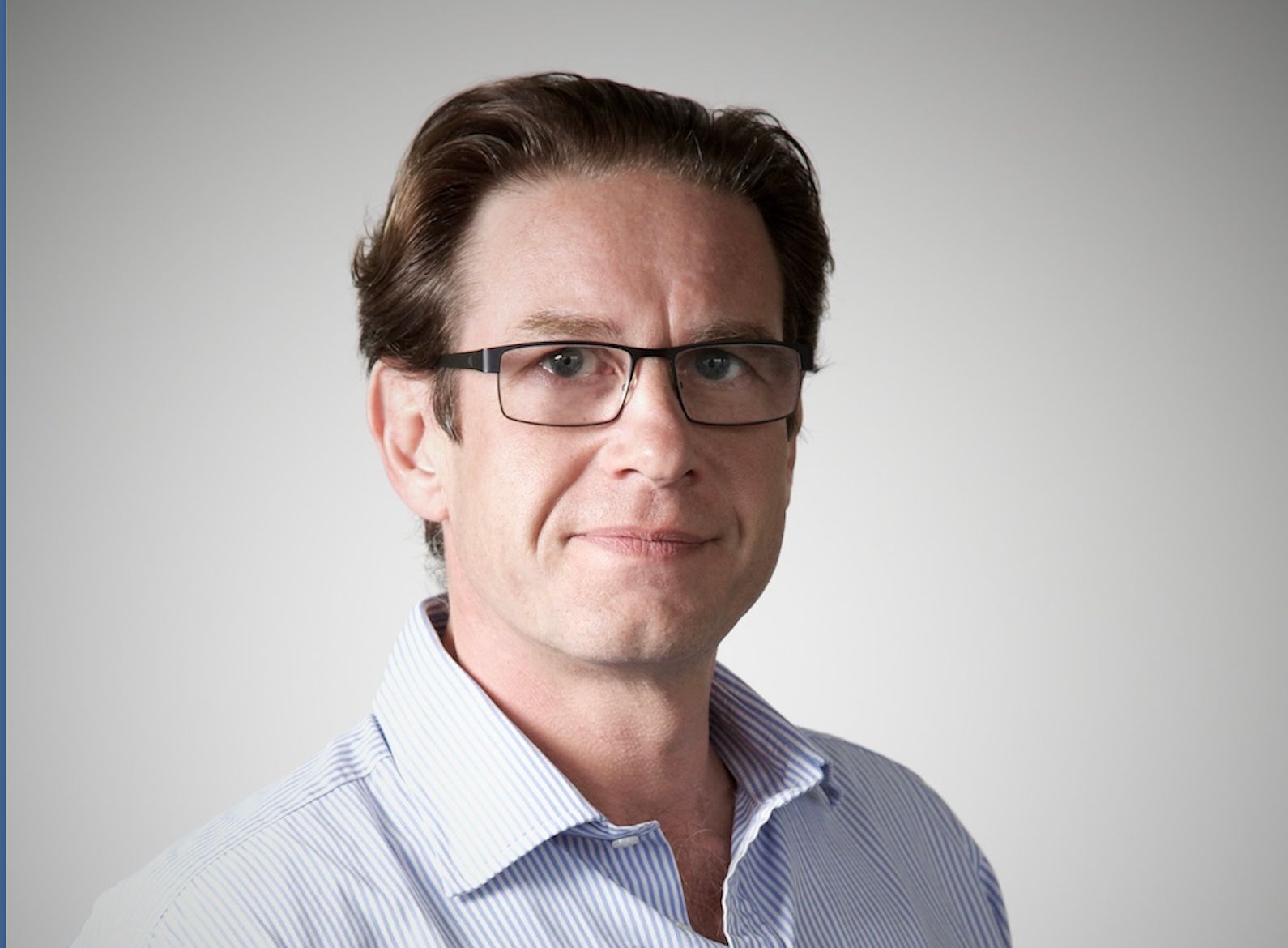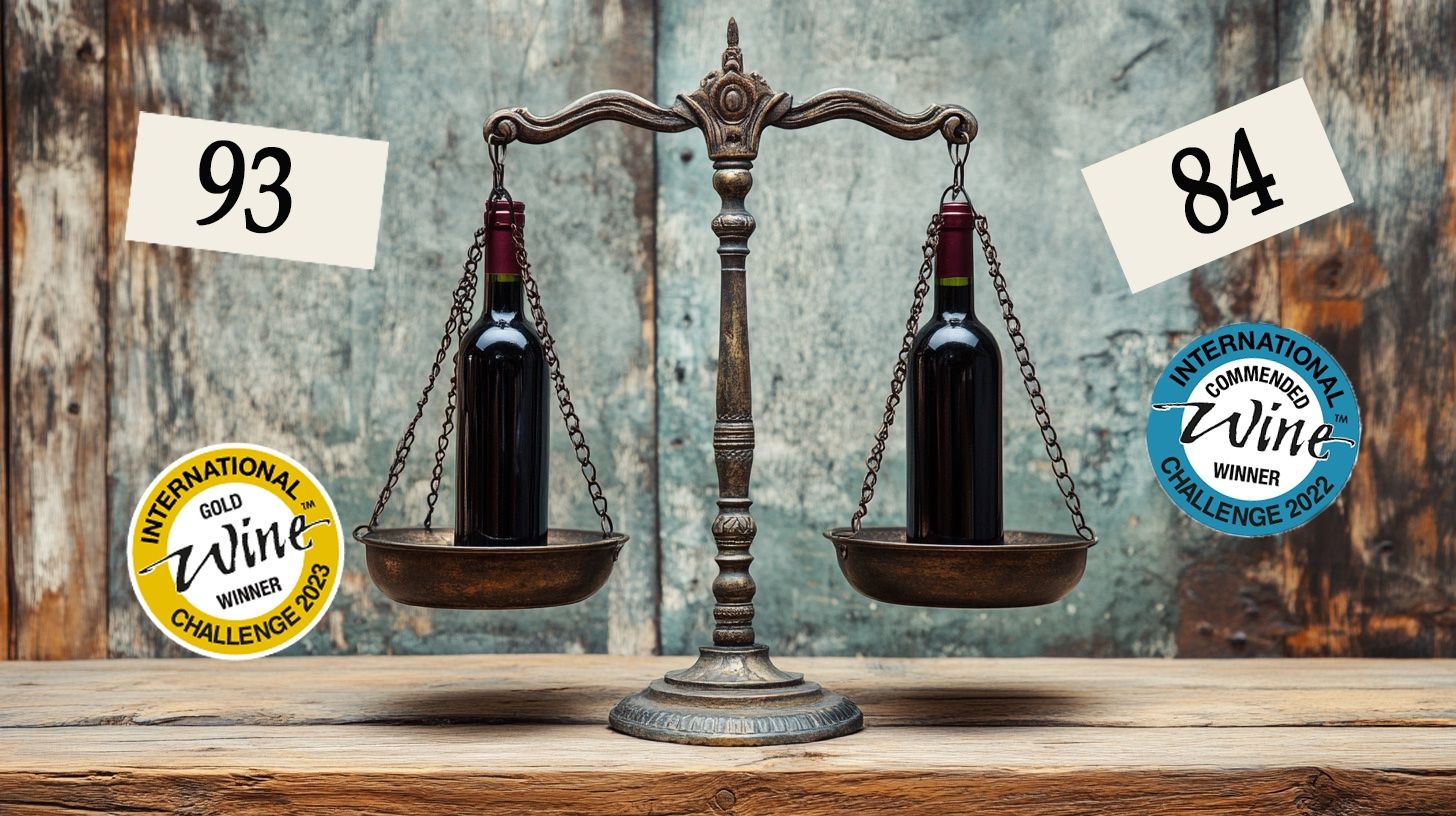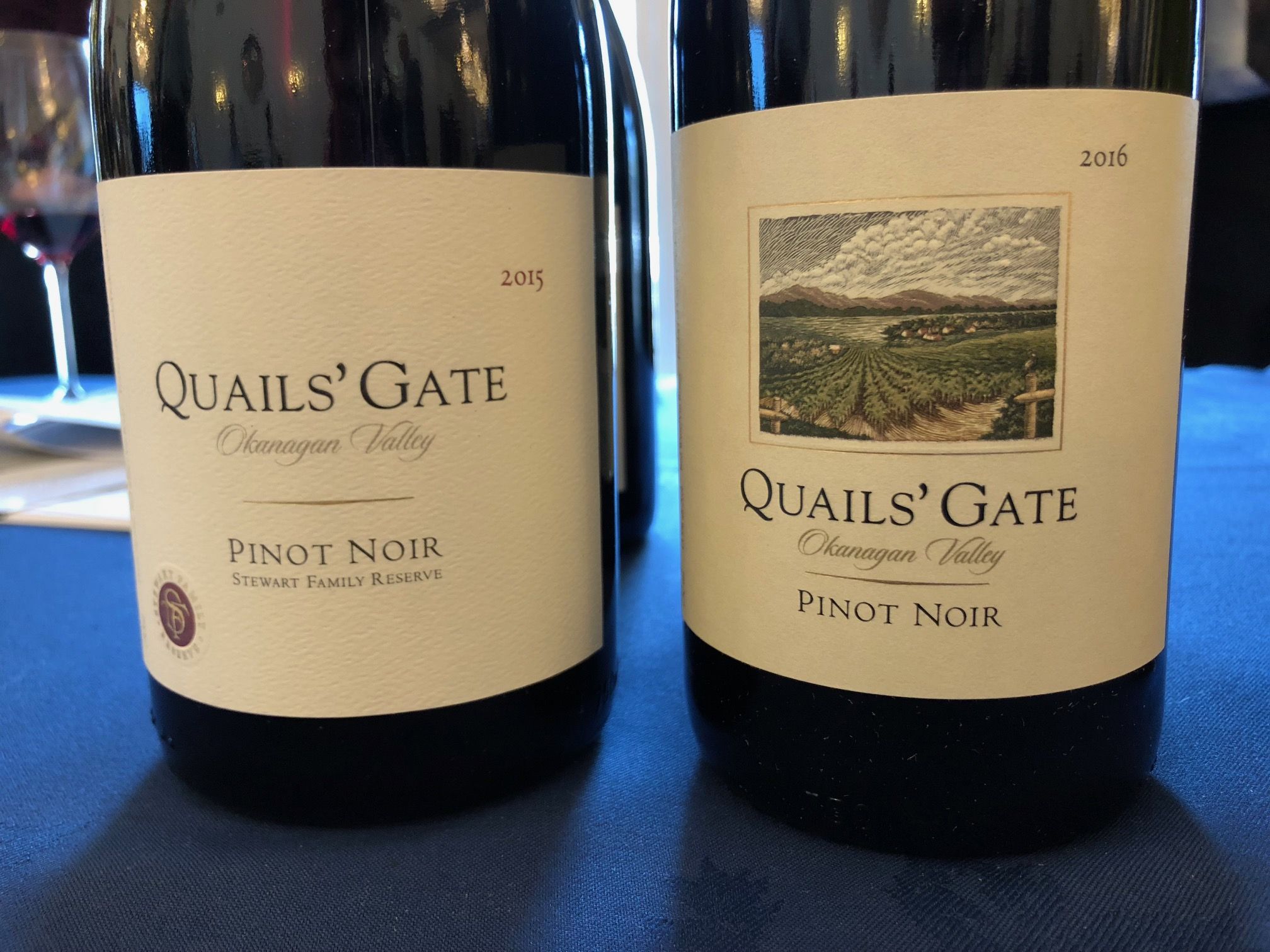“I honestly believe that the wine industry is at an inflection point,” says Robert Joseph and which way it turns next is still very much up for grabs and will be the backdrop for Wine Future 2023 in Coimbra in November.
What do you see as being the being the biggest challenges for the wine industry?
It’s hard to decide which is the biggest: climate change? The health and anti-alcohol lobby? Legislation? Labour? Succession? Lack of profitability? Consolidation of distribution?
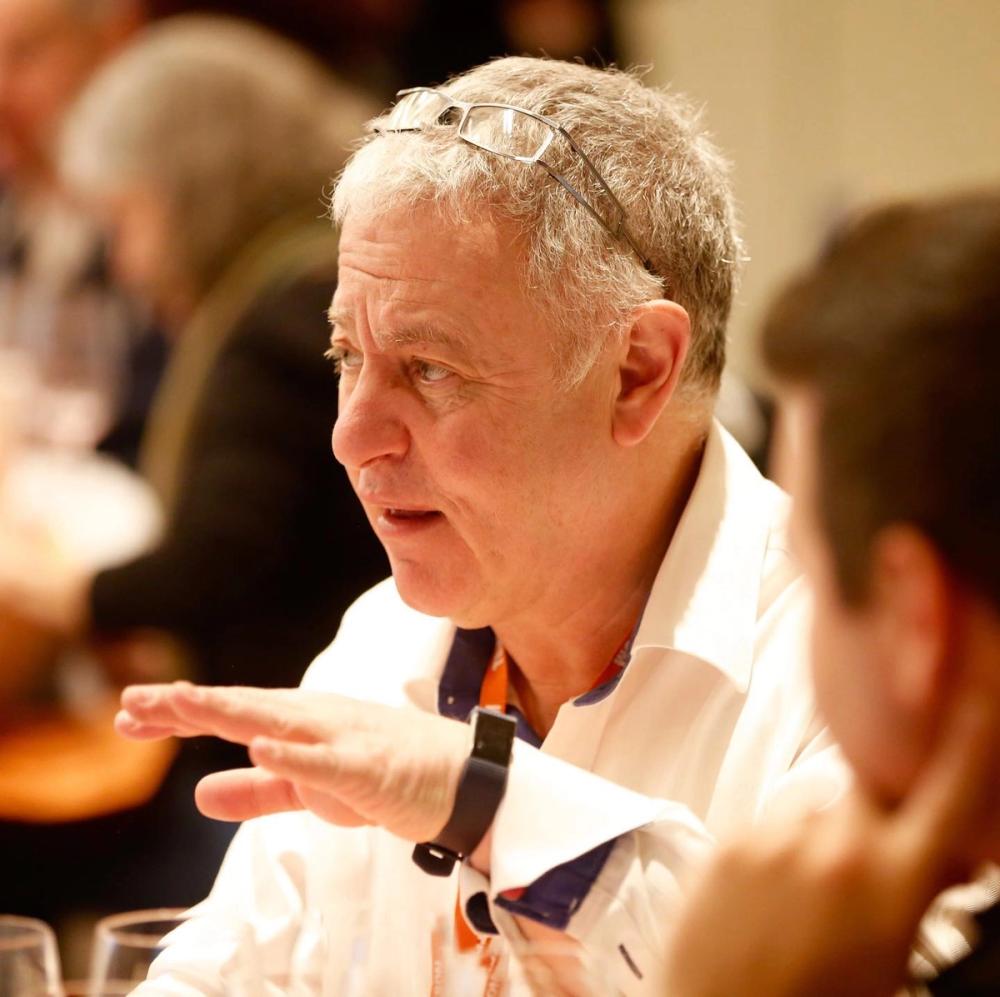
Robert Joseph is willing to stand up and challenge the norms, traditions and what he sees as ‘tunnel vision’ that holds so much of the wine industry back
My thought is that it’s a combination of all of these, coupled with the challenge of having to understand the role wine is going to play in the future. Many of us are still obsessively taking about food-and-wine pairing at a time when less and less wine is being drunk with conventional meals.
What do you see as the big outstanding opportunities and how do you see the industry capitalising on them?
Wine has so much going for it that its competitors lack – or have to a far lesser degree. That would include an extraordinary range of styles and a wealth of history,culture and conviviality. It has the combination of being both a fascinatingly complex product and one that can be deliciously simple. And, of course, it is inexorably linked to tourism – even in places like China where grape wine’s roots are really quite shallow and recent.
What do you think have been the biggest milestones and step changes in the wine industry in the last 10 years?
Unquestionably, the continued evolution of what is considered to be ‘fine wine’: the ascent of Burgundy, Brunello and California at the expense of Bordeaux. And – and this is not unconnected – the growth of vinous interest in Asia. China may have stumbled recently, and Korea seems to have hit a plateau, but the trend is clear. Wine consumption will grow in these countries.
On the other hand, in the more developed markets, there has been, on the one hand, the expansion of organic and biodynamic production and the emergence of ‘natural’ orange and pet nat, styles. On the other there has been the expansion of wine-as-beverage, through rosé and sparkling – especially Prosecco – and accessible brands like Barefoot (which encourages its use in cocktails) and 19 Crimes. Alongside these have been the wave of ‘celebrity wines’ and some of the more premium red blends in the US such as the Prisoner and Orin Swift.
Like the bourbon-aged wines, these get far less coverage in the media than the natural, organic, indigenous examples, but their success still reflects major step changes. How many people, even in the industry, are aware that rosé is now more popular in France than white, or that the Prisoner, a wine brand with no vines or winery was bought by Constellation for $285m?
Are you optimistic or pessimistic about the future of the wine industry in the next 10 years – and why?
Both. I am very pessimistic for hundreds, probably thousands of small and mid-sized producers and distributors that will struggle to survive – and optimistic for the dynamic ones across the world who will make more good and more interesting wines than ever before.
Can I ask why you want to be involved in Wine Future?
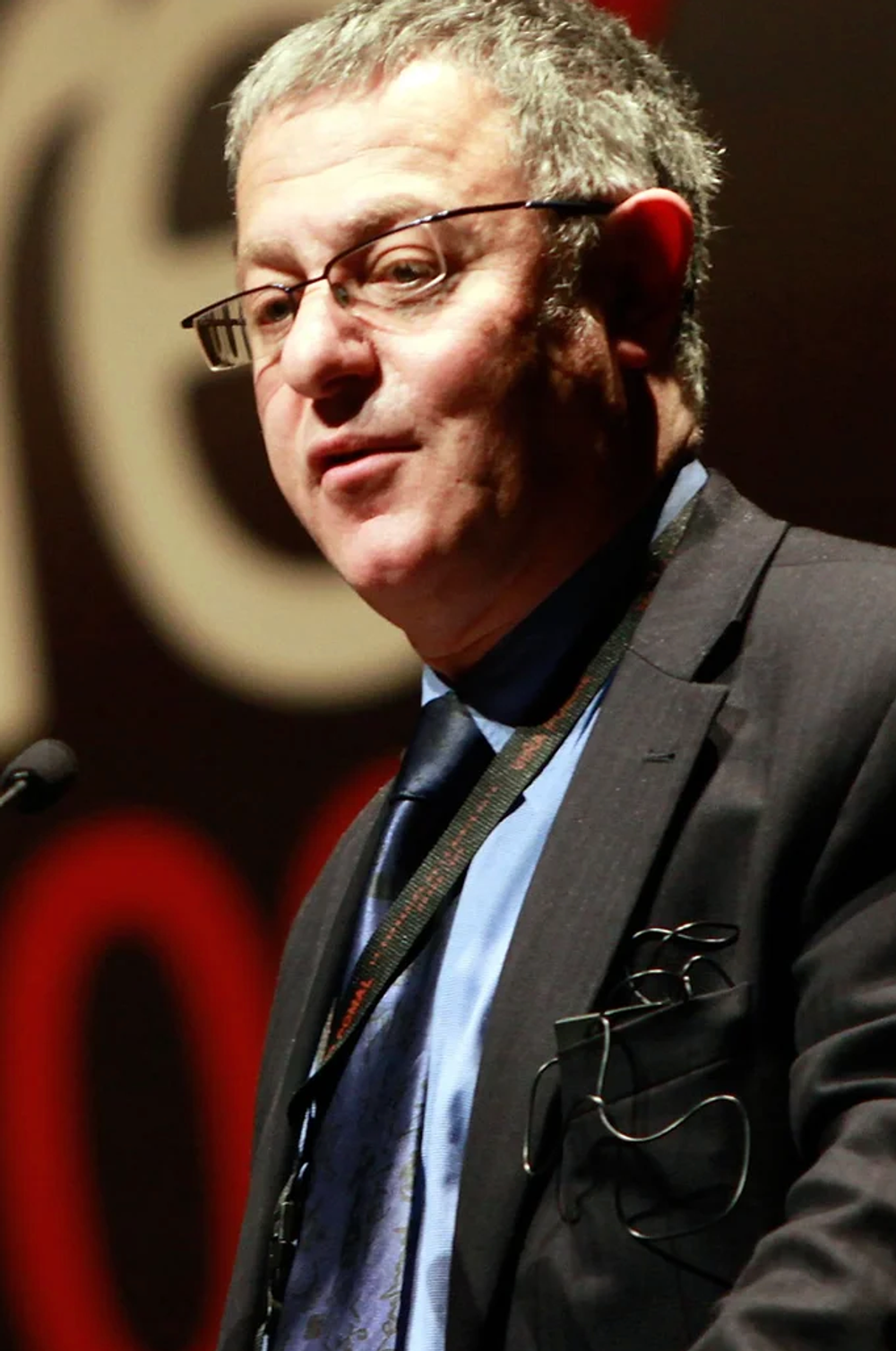
Robert Joseph has supported Wine Future since it first started in 2009 and was one of its keynote speakers at the inaugural event in Rioja
The wine industry is not in a great state right now and it faces a wide range of challenges, so any international meeting of well-informed people from inside and outside of the wine bubble, has to be worth supporting.
What do you hope the event can achieve for the wider wine industry?
I don’t believe in magic or magical solutions, but listening to other industry members’ problems and solutions from outside the sector should help at least some to improve their businesses
What is the theme of your talk and why have you chosen that topic?
My session title is ‘The Competition is Winning – Learning from and Embracing Ideas from Alternative Drinks’ and I’m delighted to be involved in it because traditional wine – in common with beer and spirits – has clearly lost its default role. Today, people are increasingly happy to drink flavoured cider, hard seltzer, kombucha, zero-alcohol wine or beer, or even wine matured in bourbon barrels. And we need to get our minds around that change.
How and why did you first get into the wine industry?
My parents accidentally found themselves owning a hotel and restaurant in the English countryside. I was an only child who half-heartedly collected stamps and discovered that wine labels were a more interesting version of the same interest. An Italian Maitre d’ became my mentor, using bottles customers had failed to empty.
Then, aged 15, there was a two weeks stage at Charles Heidsieck to improve my French and Hugh Johnson’s first books and, a few years later, at the age of 18, I precociously found myself buying wine for the business and driving to France with a new driving licence on a quest for house wine.
What do you most enjoy about working in the sector?
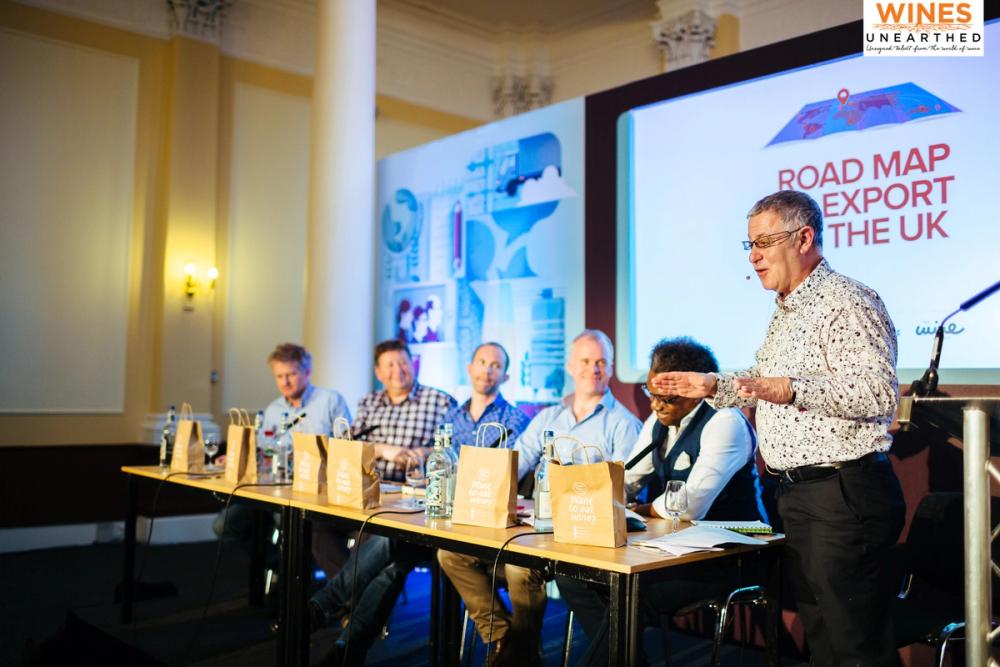
Robert Joseph is a favourite on the speaking circuit for his brave, challenging and always incisive and analytical views on the global wine industry
Since giving up being a wine critic and moving to producing wine in France and Georgia, and working as a consultant, creating new blends almost every year, I’m sure I should say it’s the fascinating liquid in the glass. But actually, it’s the combination of that and the people. Not just the winemakers, but also the people involved in selling wine at every level and – sometimes most interestingly of all because they’re often overlooked – the people who decide to drink one wine rather than another.
What do you find frustrating and would like to change about the wine industry?
Tunnel vision. People who think that the bit of the industry they know, like, approve of is all that matters. As time has gone on, I’ve become broader and much more tolerant in my views. If some people want to drink natural wine that looks and tastes like cider, or Zinfandel that’s been in one of those bourbon barrels, or a Pinot Grigio that tastes of nothing at all, and if there’s a producer who wants to supply it to them, I’m happy to live and let live. Even if I’d prefer to have none of these in my glass.
Any individuals and businesses that you most admire for what they do and why?
Lots and lots. For different reasons. Tablas Creek for its pioneering success with packaging and communication; Randall Grahm for everything he has done in creating new styles and brands and now his work with grape growing; Barbara Banke and Katie Jackson at Jackson Family Wines for their environmental efforts; and, of course, Miguel Torres Senior for the same reason; Gerard Bertrand for the efforts he has made in my French region of Languedoc Roussillon to raise the reputation the area and its wines; the Douro Boys in Portugal and Angelo Gaja in Italy, again for the same reasons. Sun Jiang, chief executive of Change in China, the world’s second strongest wine brand. I could go on…
Anything else to say?
I honestly believe that the wine industry is at an inflection point. I’ve lived through the revolution that brought varietal wines and ‘New World’ thinking (including by people in the Old World), the broadening of what is considered ‘fine wine’. Now I’m fascinated to see what happens next.
- Robert Joseph will be moderating a session at Wine Future on November 8 at 10am on “The Competition is Winning – learning from and embracing new ideas from alternative drinks.
Wine Future 2023 – Coimbra November 7-9
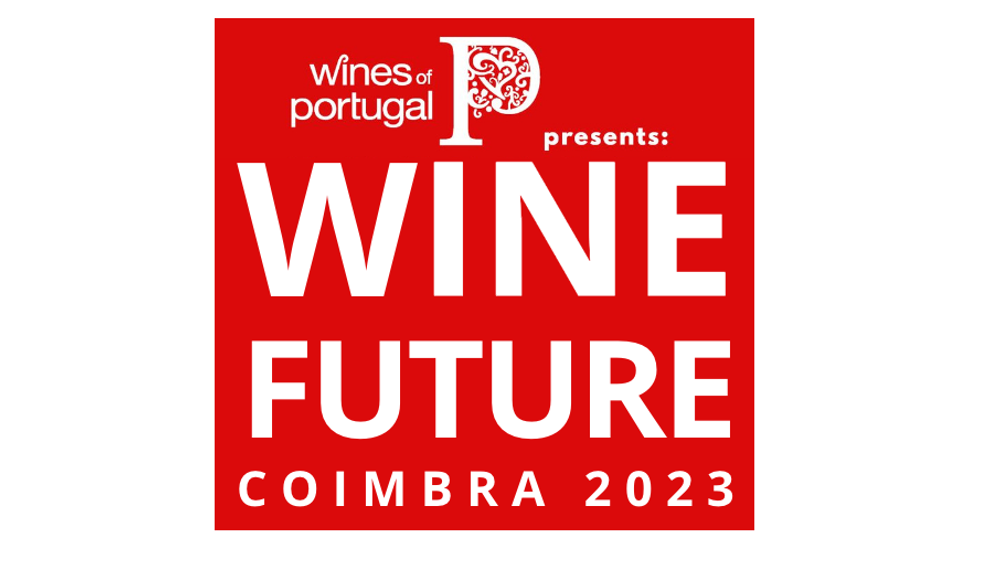
Wine Future 2023 promises to be the leading event in the world to tackle the biggest challenges facing the global wine industry and what steps its stakeholders need to be taking and focusing on to succeed in the future.
It is the fourth Wine Future event to take place following other editions first in Rioja in 2009, Hong Kong in 2011, Wine Future Virtual 2021 and Green Wine Future in 2022. Founder Pancho Campo claims the ambition and overall goal for Wine Future has not changed since 2009 when, in the middle of an economic crisis, it looked to assess its impact and offer solutions and inspiration to everyone involved in the global wine industry.
Close to 25 years later and the world is again facing huge financial difficulties, rampant inflation, a global climate emergency and a declining wine market in most major wine consuming countries. It is against that backdrop that Wine Future hopes to make a difference.

Key themes to be addressed at this November’s conference include:
- Engaging new consumers – particularly Generation Z and Millennials.
- The impact of global economic uncertainty, especially inflation.
- The opportunities of greater diversity, equity and inclusion in the wine industry.
- How we can reach new audiences and better engage with existing wine drinkers through celebrity endorsements, influencers, and working with major international music and sporting events.
- The use of digital marketing and social media to gain a new consumers.
- Using new technologies to improve sales.
- What can we learn from the competition from alternative beverages?
- The human impact of sustainability.
Key wine figures lined up to take part and share their insights and hopefully offer inspiration to the sector are: Emma Bertrand, Rob McMillan, Sonal Holland MW, Ian Ford, Adrian Bridge, Frederico Falcao, Martin Reyes MW, Robert Joseph, Dirceu Viana MW, Siobhan Turner MW, Natalie Wang, Alder Yarrow, Stephen Wong MW, Ulf Sjodin MW, Michael Wangbickler and Paul Schaafsma.
The event will also hear from inspirational figures from outside the industry including: Sir Christopher Pissarides, awarded the Nobel Economy price in 2020; the Secretary General of the UN International Youth Organization, Max Trejo; and the lead singer of Iron Maiden and entrepreneur Bruce Dickinson.
- To find out more and to register go to the Wine Future website here.
